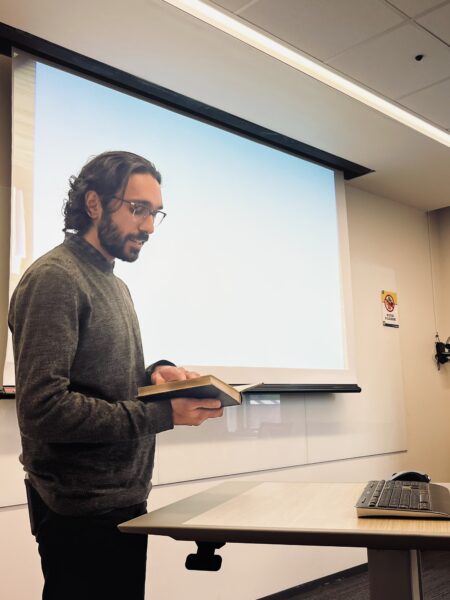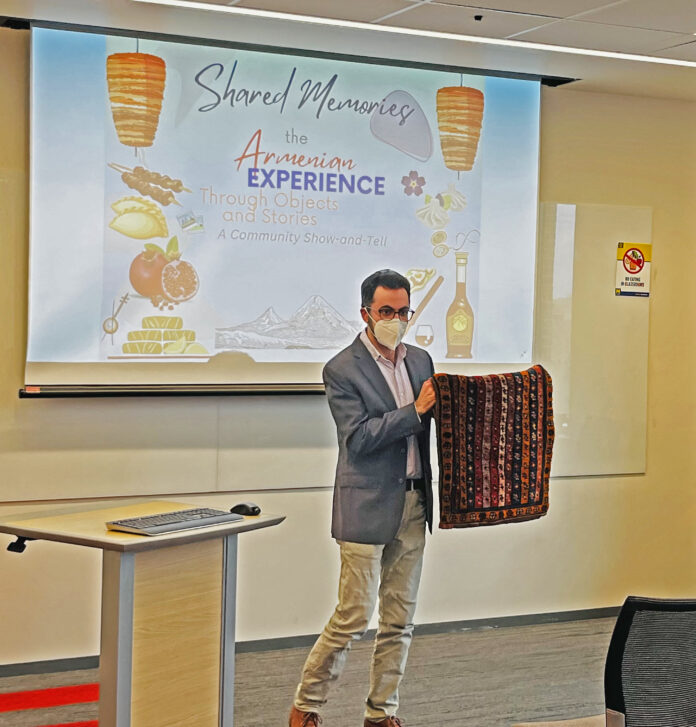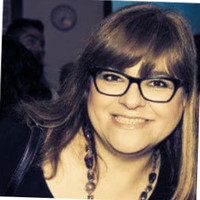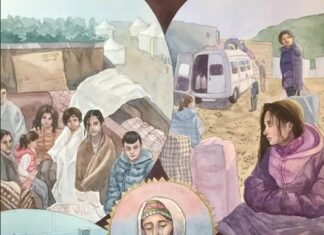By Vicken Mouradian
ANN ARBOR, Mich. — On April 24, from 3 to 5 p.m., campus students, faculty and community friends across Michigan are invited to participate in the University of Michigan’s 2nd Annual Armenian Genocide Commemoration event. Organized by the Center for Armenian Studies (CAS), the event titled, “Shared Memories: The Armenian Experience through Objects and Stories,” encourages community members to bring objects and stories that speaks to or connects them with their Armenian identity, all while enjoying a bounty of familiar foods!
Treasured items and narratives possess the ability to recount stories intertwined with the Armenian journey, the Armenian Genocide, and the unique experience of the Michigan-Armenian diaspora. They offer a poignant glimpse into the experiences and challenges faced by Armenians, whether in the Republic or dispersed across the globe. Each heirloom and story contributes to enriching the collective memory of the Armenian community, adding layers of depth to their shared history.
This is CAS’s second year of commemorating the Genocide in this community forum. Piloting this new tradition in 2023, the gathering brought together a larger-than-expected audience. In addition to the familiar campus affiliates of students and faculty, community members from Ann Arbor and Metro-Detroit came to share old forgotten heirlooms, photos, books and stories passed down to them through generations. It was a touching gathering that reconnected many to their Armenian heritage and fostered a sense of appreciation for the Armenian Story.
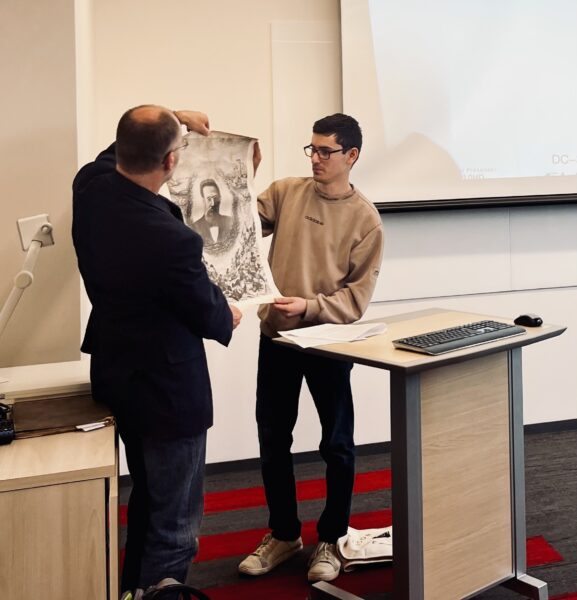
When asked of the motivations behind organizing an event like this in lieu of a lecture or vigil, CAS director Gottfried Hagen responded, “For so many Armenians in this country, and here in Michigan, the Armenian Genocide is part of their identity and family story. These personal stories are inevitably submerged in the greater narratives that historians construct of these events. With this format we wanted to signal to all the members in the community that their own personal stories matter, and that there are others who want to hear them. We invite students, staff, and faculty, campus and community, to share their stories. Objects, documents, family heirlooms, often make it easier to get a start, and we were very pleased last year how many doors and hearts were opened.”
After reading a passage in a Western Armenian text, Arakel Minassian, a PhD student in the Department of Comparative Literature expressed, “It was really nice to gather as a community and remember what’s been lost at the same time as we fostered a sense of living on in the present and future. I presented on the Armenian book that got me interested in studying Armenian literature in a PhD, and that way, I was trying to talk about some of the ways cultural survival manifests in our present.”
